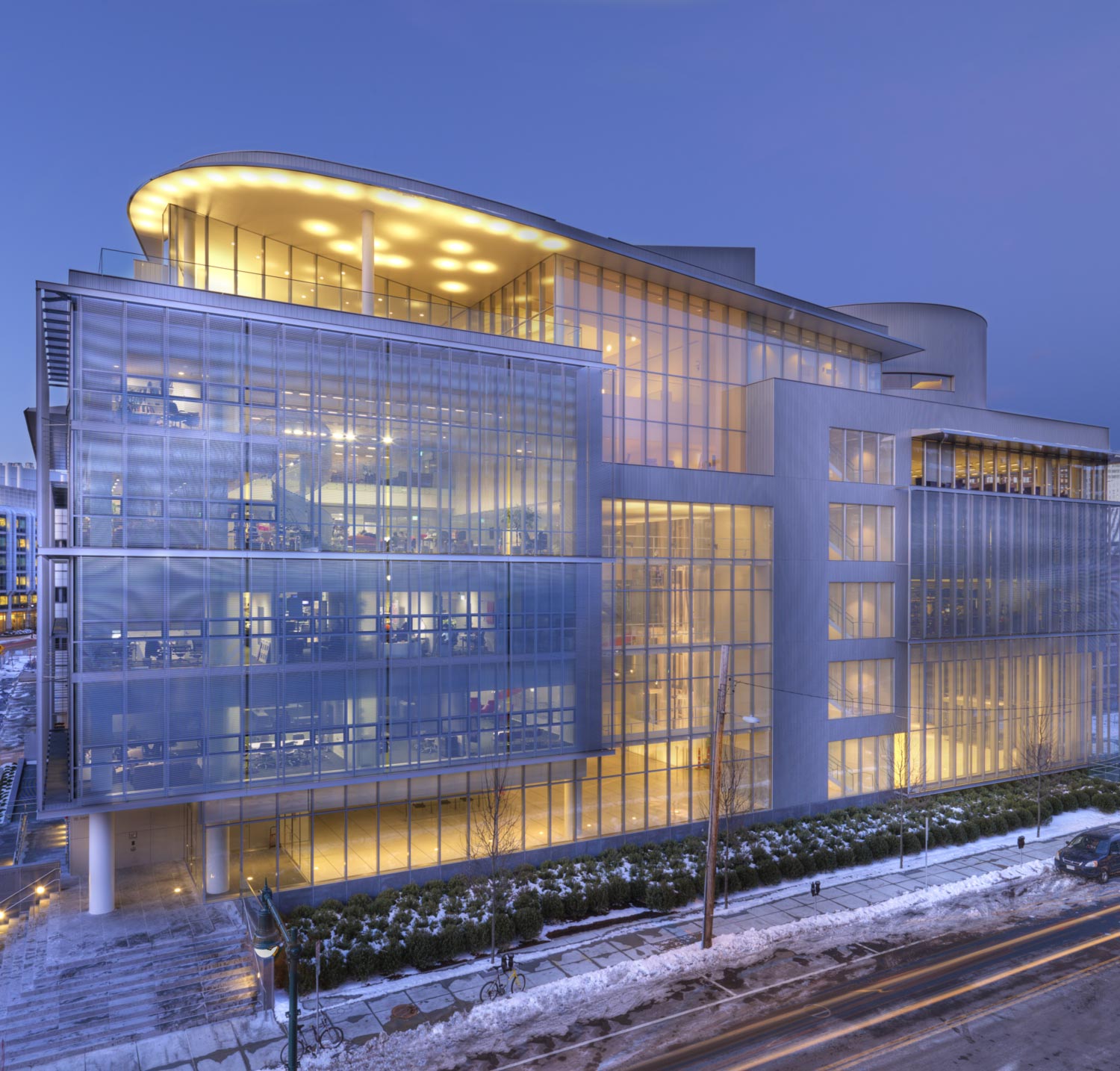Briefing on interim report of MIT Work of the Future Task Force
Good morning! I am Rafael Reif, MIT’s President. And I’m delighted to welcome you to this discussion of the ongoing work of the MIT Task Force on the Work of the Future – a topic of great importance to our whole society.
Thank you all for joining us!
Although I am opening this conversation, the credit for this interim report goes to the members of the Task Force.
In particular, I want to thank
- Task Force Co-Chairs Dr. David Autor and Dr. David Mindell
- As well as Executive Director Dr. Elisabeth Reynolds.
Today’s report reflects their research and their leadership, and we are fortunate to hear from each of them today.
This morning’s program will also feature important voices from public higher education, labor, and industry.
And our moderator is one of the nation’s leading reporters on economics.
In a few moments, Liz Reynolds will introduce them properly. But I want to convey my thanks to each of them now for enriching this event with their presence, insight, and expertise.
For an MIT delegation to hold a briefing in DC about policy and business practices is not an everyday occurrence. So let me offer some context.
In 2017, we saw that the American people were increasingly worried about a future in which robots and computers could perform many human jobs. And the worst part seemed to be the sense of powerlessness …the worry that automation is “coming to get us” … automatically. As president of an institute with “technology” in its name and national service in its mission, I had to take those concerns very seriously.
And there were large open questions:
- Would this technological revolution be like those in the past, with many jobs lost
but many better jobs created? - Or would this time be different?
- Would the changes be so rapid and far-reaching and their impact so uneven and disruptive that it would threaten the stability of society itself?
- And above all, what, if anything, could we do to shape the outcome?
No matter who I asked, I heard no convincing answers. There were many strong opinions but relatively little research!
So from my point of view, the next step was obvious: I asked some smart people from across MIT to work with smart people from many other places to do their best to figure it out.
So that’s how the MIT Task Force on the Work of the Future got started. And we will hear today what they have learned in the past year and what they hope to clarify in the year ahead.
Before we dive into the findings, let me offer this last thought:
We will hear a great deal today about how society can shape the work of the future through both public policy and private business practices. Those levers are important.
But I believe that those of us who are technologists, and who educate tomorrow’s technologists, have a special role to play.
This has become especially clear as we are launching the Stephen A. Schwarzman College of Computing, which we expect to accelerate progress in fields like machine learning and artificial intelligence.
In the past, many technologies that MIT has championed involved machines acting in society. By contrast, technologies like AI represent machines acting upon society.
Technologies embody the values of those who make them. So this creates a special responsibility for us to embed the study of ethics, culture and society in every aspect of the new College. It means that while we are teaching students in every field to be fluent in the use of AI strategies and tools, we must be sure that we equip tomorrow’s technologists with equal fluency in the cultural values and ethical principles that should ground and govern how those tools are designed and how they’re used.
And it also means that we are strongly committed to helping the United States maintain its leadership in these advanced technologies, because those nations that act now to help shape the future of AI…will shape the future for us all.
One thing is abundantly clear from today’s report: Automation will transform our work, our lives, our society. Fortunately, the harsh societal consequences that concern us all are not inevitable. How we design tomorrow’s technologies, and the policies and practices we build around them, will profoundly shape their impact.
Government, industry, labor and educational institutions at every level all have a vital role to play. Whether the outcome is inclusive or exclusive, fair or laissez-faire, is up to us – all of us.
In this work, those of us leading, benefiting from and educating the new leaders of this technology revolution must help lead the way.
This is not “someone else’s problem.” It is up to those of us advancing new technologies to help make certain that they do not wind up damaging the society we intend them to serve.
Getting this right is among the most important and inspiring challenges of our time — and it should be a priority for everyone who hopes to enjoy the benefits of a society that’s healthy and stable because it offers opportunity for all.
I am deeply grateful to the Task Force members for their latest findings, to our Advisory Board members for their guidance, and to all of them together for their ongoing efforts to pave an upward path.
Thank you.


